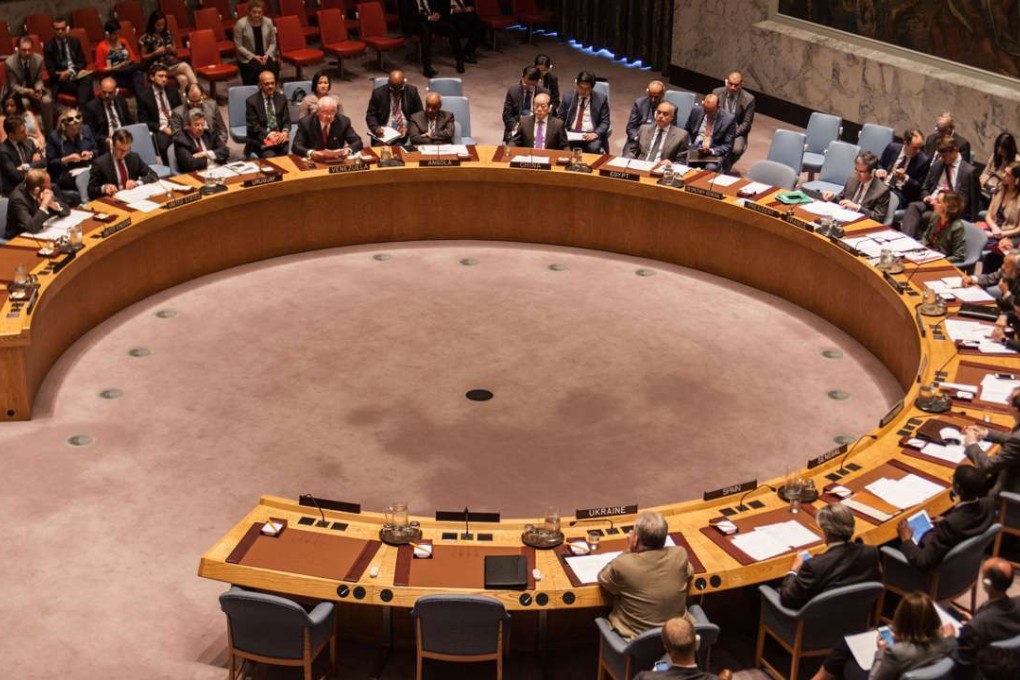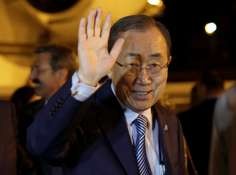UN reforms are vital – starting with the credible selection of its next secretary general
Lakhdar Brahimi and Mary Robinson say the election of a new secretary general is the perfect time to make the UN the more effective institution our times are calling for

We all have an interest in making sure the job of secretary general of the United Nations goes to the best possible person. This means a secretary general who is both truly independent and can work effectively with the big powers on a basis of mutual respect. For this reason, we believe she, or he, should only serve one term of seven years, so that the bold leadership we seek is not inhibited by a desire for re-election to a second five-year term, as has been the case hitherto.
A golden chance for the United Nations to pick a leader who can truly represent the interests of all
The Elders are concerned that the UN’s authority and effectiveness have been weakened in recent years. In February 2015, we launched a series of proposals at the Munich Security Conference to strengthen the organisation. We focused on four issues, reforms we felt could be implemented immediately or else needed to be put back onto the table for serious debate.

In addition to a more transparent and inclusive selection process for the secretary general, we called for a pledge by Security Council members not to use their veto to prevent action against mass atrocities; a greater role for civil society in the council’s proceedings; and, crucially, an expansion of the council to include new “semi-permanent” members, and thus revitalise the most important organ for world peace.
We very much hope that these proposals will continue to help catalyse action where it matters, in the UN’s conference rooms. The looming selection of the next secretary general is, however, a moment of truth.
We welcome the more transparent process organised by the current president of the UN General Assembly, Mogens Lykketoft. But as the Security Council – the forum where the key decisions on the next secretary general will be taken – begins its own deliberations on candidates, it is crucial that the five permanent members recognise merit must trump all other considerations, including regional rotation and gender.